Team
The Functional Trait Resource for Environmental Studies (FuTRES) project is a collaborative project among four universities (University of Oregon, University of Arizona, University of Florida, and Howard University). The key deliverables of FuTRES are a workflow for assembling functional trait data measured at the specimen level, a database to serve that data, and scientific publications demonstrating the utility of the assembled data.
 |
Edward Davis is an Assistant Professor of Earth Sciences at the University of Oregon and the Curator of Fossil Collections for the UO Museum of Natural and Cultural History. His research is focused on the effects of changing environments on the distributions and traits of fossil mammals. |
|
Kitty Emery is an environmental archaeologist specializing in zooarchaeology (the study of old animal bits and pieces from archaeological sites), and curator of the Environmental Archaeology Program at the Florida Museum of Natural History. She is passionate about adding zooarchaeological data to biodiversity data networks to trace the history of human-animal interactions. She now has a beginning knowledge about informatics, ontologies, Slack and GitHub, but is excited to be learning from the FuTRES team! |
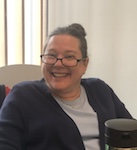 |
 |
Meghan Balk is the Postdoctoral Research Associate for the FuTRES team. Her interests include investigating how vertebrate traits facilitate adaptation to climate change, digging in the dirt, and climbing on rocks. |
|
Ramona Walls is a Research Assistant Professor at the Bio5 Insitute at the University of Arizona and Senior Science Informatician at CyVerse. An ecologist and evolutionary biologists by training, her current research focuses on ontology-based data integration, ontology design, metadata standards, and identifier services for large, distributed datasets. |
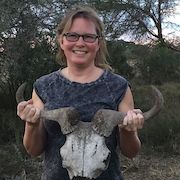 |
 |
Ray Bernor is Professor of Anatomy in the College of Medicine, Howard University. His research is on Old World Neogene mammals with a particular emphasis on the evolution of Equidae. Ray has been involved in founding the New and Old World (NOW) Database and has been developing an equid trait database since 1974 that will be ingested into FuTRES. |
|
Rob Guralnick is a hybrid biodiversity scientist and informatician, and the Curator of Biodiversity Informatics at the Florida Museum of Natural History. He particularly values interdisciplinary work, and FuTRES certainly fits that bill. |
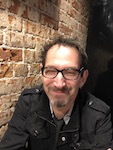 |
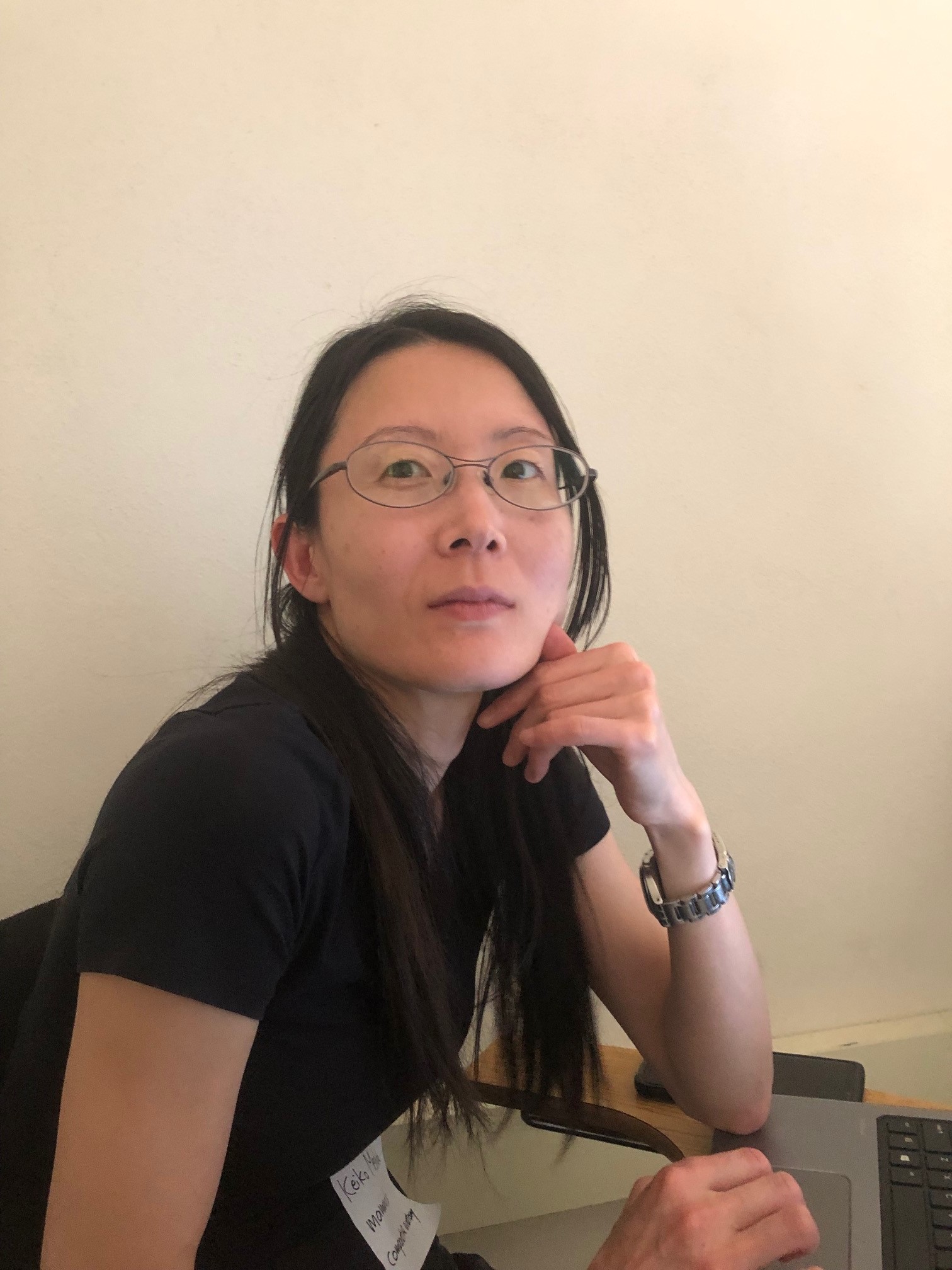 |
Keiko Meshida is a Postdoc at College of Medicine Howard University in Washington, DC. She works on extant Equus database that Ray Bernor has colleected for his research over dacades. |
|
John Deck is a programmer, farmer, and jack-of-all-trades variously working on biodiversity informatics projects, sample tracking software, and ontology driven data integration when he is not busy with his cows and co-managing Deck Family Farm. He works for the Berkeley Natural History Museums and Biocode, LLC. |
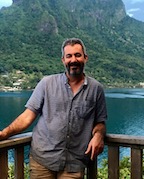 |
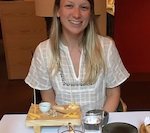 |
Laura Brenskelle is a PhD student at the Florida Museum of Natural History specializing in biodiversity informatics. Her interests include developing standards and methods to integrate heterogeneous biodiversity data, making museum specimen data more widely accessible, and eating cheese (pictured). |
|
Neeka Sewnath is currently a Ph.D. student at the University of Florida. She has a background in specializing in biodiversity informatics. She has a strong background in Natural Science and Computer Science. She currently works as a data scientist at the U.S. Census Bureau. |
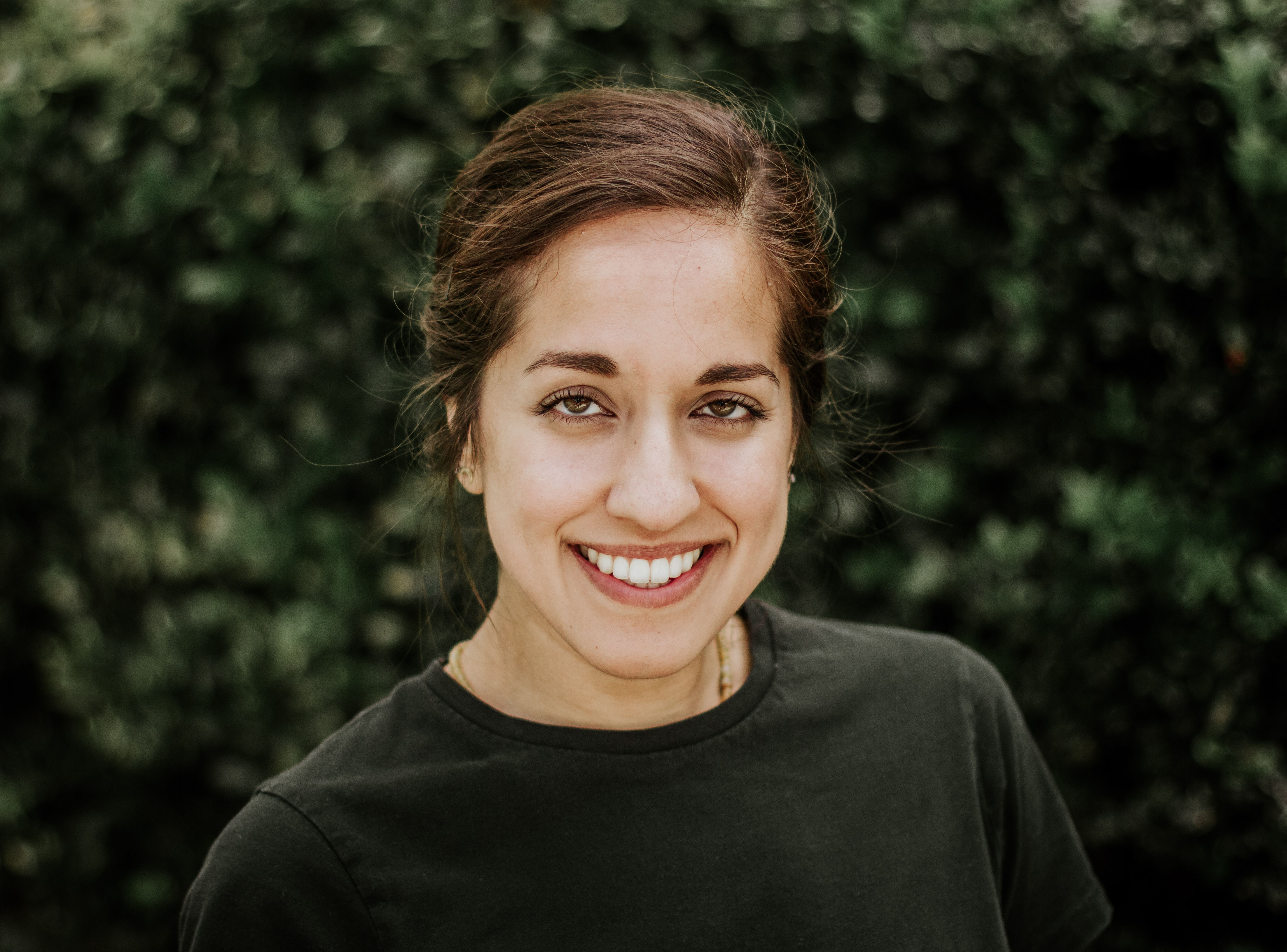 |
